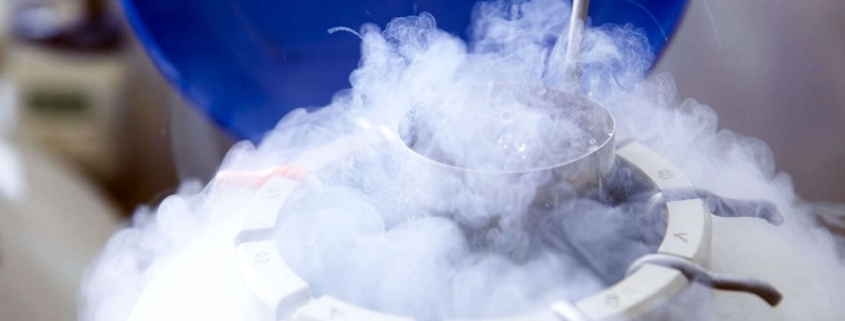The IVF Centre, Ayushman Hospital and Health Service, a reliable IVF clinic in Dwarka, provides safe IVF treatment with high IVF success rates to the people of Delhi, and beyond. An IVF expert will help you understand egg freezing and its many benefits.
It’s 2020 and women have more options, be it professionally, socially, and educationally; than they have ever have before, paired with access to reliable birth control. Does it surprise anyone that women are taking their own paths and choosing when they will have children or not.
The problem is our biology hasn’t quite caught up with social evolution—and that is why egg freezing can benefit our lives. Women hit “peak fertility” in their late teens-early 20s, and by the age of 35, the chances of getting pregnant naturally are less than 15%. One of the major benefits of egg freezing is that it freezes a woman’s eggs of that particular time and health, so if she wants to use those eggs to get pregnant later on; her eggs will still be the same age, though her body will not be as young as it was.
Another one of the many benefits of egg freezing we get to hear from patients is the sense of calm and relief they feel after freezing their eggs. Some women experience “fertility anxiety”—the feeling that their fertility is falling, but they’re not ready to have a baby at the time. Less pressure and anxiety is a definite benefit of egg freezing, as heard from our patients. It allows them to be more ready and an overall analysis will justify that egg freezing more or less provides a better quality of life.
Unlike embryo freezing where there are ethical and medical compulsions, egg freezing is an independent decision made with full autonomy, with no ramifications or pressure on the woman or partners to go in for certain pregnancy, this also allows for more time to prepare and be free of stress. It can also help women choose the right partner to have children with, rather than being forced or rushed into starting a family.
Egg freezing can help preserve fertility in women with cancer, endometriosis, or other illnesses that might affect their eggs, ovaries, or reproductive systems. It was originally developed to help women with cancer preserve their fertility as some cancer treatment can put fertility at risk. For example, chemotherapy or radiation can damage or destroy the eggs stored in a woman’s ovaries while attacking the cancer. Surgical removal of tumors or the affected ovaries, uterus, or Fallopian tubes can also make it more difficult for a woman to conceive naturally, and pelvic surgery carries the risk of scarring or damage to the ovaries or reproductive system.






